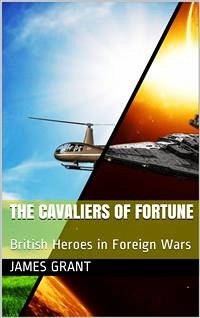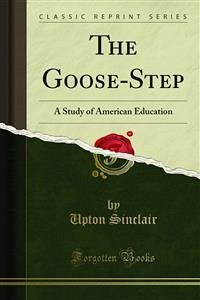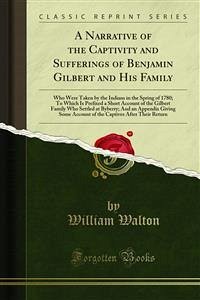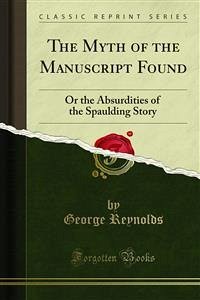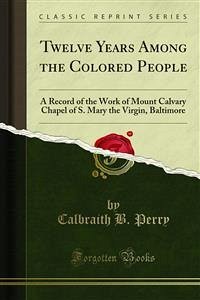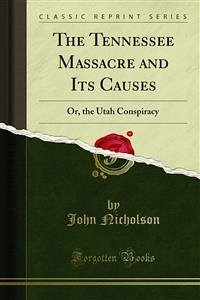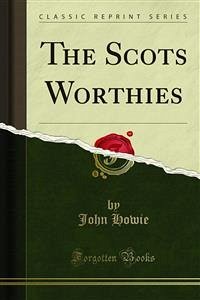The biographies or sketches which compose this volume are prepared from memoranda, the result of historical reading for my military romances.
The Memoir of Colonel John Cameron first appeared, with that of Count Lally, &c., in the Dublin University Magazine for 1854; and though he cannot strictly be considered, a Soldier of Fortune, it is given here with the rest. It was carefully compiled from a mass of private papers and letters submitted to me by his brother, Sir Duncan Cameron, Bart.; from several letters written to me by his brother officers; the MSS. Records of the 92nd Highlanders; and—like the sketch of Count O'Connell—from information readily afforded to me by the authorities at the War-Office and Horse Guards.
In several instances, the brief Biographie Universelle, edited by Michaud, has been of service to me in fixing dates—especially in the account of the Lacys.
The Thirty Years' War, the Septennial War, and the War of the Spanish Succession formed an ample field of enterprise for those Scots and Irish who, having nothing better to do at home, sold their swords and their valour to the highest bidder; and who, having but little hope of attaining rank in the service of Britain, sought fortune, fame, and a new home in the camp of the stranger. Thus many of the military wanderers who form the subject of these detached Memoirs belonged to the Sister Isle.
The Irish troops in the service of France covered themselves with glory, as the Scots had done under Gustavus of Sweden; and by the Memoir of their last Colonel, Count O'Connell, it will be seen that they were faithful and true, as they had been valiant, to the end. They filled Europe with the fame of their exploits, and have left their bones on many a hard-fought battle-field; and, as their song has it,—
"They who survived fought and drank as of yore,
But the land of their heart's hope they never saw more;
For on far foreign fields, from Dunkirk to Belgrade,
Lie the soldiers and chiefs of the Irish Brigade!"
Under the happier influences of the present time, our people are no longer forced to seek their bread in foreign camps. The restless military spirit which produced the Soldier of Fortune is now on the wane; yet it is impossible, without emotion, to look back on the exploits of those brave fellows who led the armies of Europe in so many "king-making victories," and won by their swords those honours which were denied them in the land of their forefathers.
The Memoir of Colonel John Cameron first appeared, with that of Count Lally, &c., in the Dublin University Magazine for 1854; and though he cannot strictly be considered, a Soldier of Fortune, it is given here with the rest. It was carefully compiled from a mass of private papers and letters submitted to me by his brother, Sir Duncan Cameron, Bart.; from several letters written to me by his brother officers; the MSS. Records of the 92nd Highlanders; and—like the sketch of Count O'Connell—from information readily afforded to me by the authorities at the War-Office and Horse Guards.
In several instances, the brief Biographie Universelle, edited by Michaud, has been of service to me in fixing dates—especially in the account of the Lacys.
The Thirty Years' War, the Septennial War, and the War of the Spanish Succession formed an ample field of enterprise for those Scots and Irish who, having nothing better to do at home, sold their swords and their valour to the highest bidder; and who, having but little hope of attaining rank in the service of Britain, sought fortune, fame, and a new home in the camp of the stranger. Thus many of the military wanderers who form the subject of these detached Memoirs belonged to the Sister Isle.
The Irish troops in the service of France covered themselves with glory, as the Scots had done under Gustavus of Sweden; and by the Memoir of their last Colonel, Count O'Connell, it will be seen that they were faithful and true, as they had been valiant, to the end. They filled Europe with the fame of their exploits, and have left their bones on many a hard-fought battle-field; and, as their song has it,—
"They who survived fought and drank as of yore,
But the land of their heart's hope they never saw more;
For on far foreign fields, from Dunkirk to Belgrade,
Lie the soldiers and chiefs of the Irish Brigade!"
Under the happier influences of the present time, our people are no longer forced to seek their bread in foreign camps. The restless military spirit which produced the Soldier of Fortune is now on the wane; yet it is impossible, without emotion, to look back on the exploits of those brave fellows who led the armies of Europe in so many "king-making victories," and won by their swords those honours which were denied them in the land of their forefathers.

